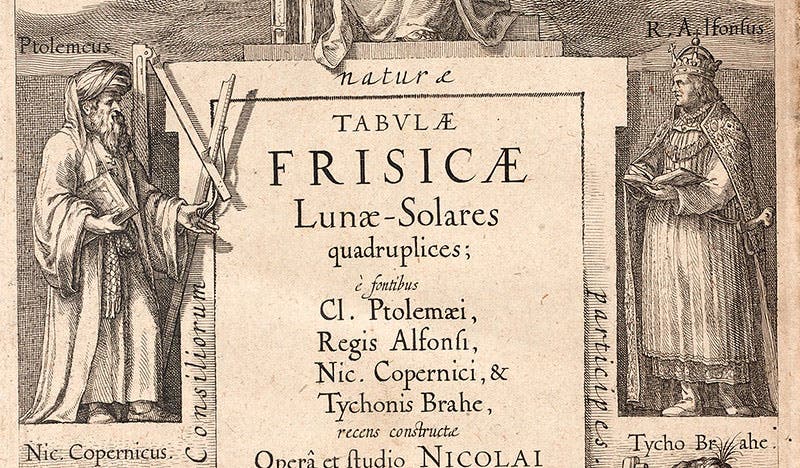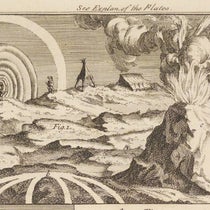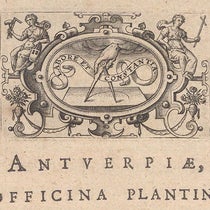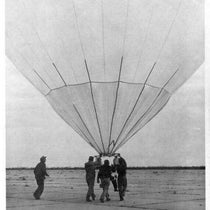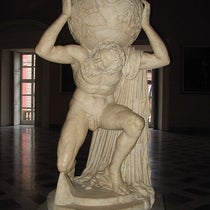Scientist of the Day - Alfonso X, King of Castile
Alfonso X, king of Castile, was born Nov. 23, 1221, in Toledo, Spain. Also known as Alfonso el Sabio or Alfonso the Wise, Alfonso was a scholar with diverse interests, unusual among medieval monarchs; he wrote and collected music and sponsored legal reform (his portrait medallion is in the U.S. House of Representatives gallery of great lawmakers). He was notable for having Jewish, Muslim, and Christian scholars working at his court, all in concert. There are various illuminations in medieval manuscripts that purport to show us Alfonso el Sabio; we show you one (first image).
Alfonso made his greatest impact on medieval and Renaissance astronomy. He commissioned a number of translations of Arabic astronomical works into Castilian, which he was trying to promote as a scholarly language. These did not make Alfonso's reputation, because they lay hidden in the Library in Madrid until, in another attempt to promote Castilian culture, they were published in a 5-volume deluxe edition between 1863 and 1867. We have this set in the History of Science Collection, and it is imposing to peruse, but it is mostly a curiosity piece, since contemporary astronomers never saw it.
But Alfonso also commissioned a set of astronomical tables, also in Castilian, that could be used to predict the future position of the planets and the Moon. There were compiled after Alfonso’s reign as King began, in 1252, and were based on similar tables by the ancient Greek astronomer, Ptolemy of Alexandria. In 14th-century Paris, the Alfonsine Tables, as the book came to be called, was translated into Latin and copied and recopied, so that hundreds of manuscript copies survive. And then, in 1483, the book was put into print for the first time, by the great German/Venetian printer Erhard Ratdolt (images two through five).
The printed Alfonsine Tables truly made a difference, as it was one of the few available sources for planetary and stellar positions in the Renaissance. Copernicus owned a copy of the second edition of 1492, and indeed, his copy still survives, with his hand-written annotations. The Alfonsine Tables was printed numerous times and was in regular use until it was challenged by the Prutenic Tables (1551) of Erasmus Reinhold (based on Copernican models), and then finally superseded by the Rudolphine Tables of Johannes Kepler in 1627.
We have editions of all of these in the History of Science Collection, including a handsome copy of the Alfonsine Tables of 1483, which we have drawn on for four of our images today. We show the first page with the title information in red (second image; there was no title page per se), the first page of the star catalog (third image), a diagram of a solar eclipse (there are not many diagrams in the book; fourth image), and the colophon (fifth image), which tells us that Ratdolt published the book when the Sun was in the 20th degree of Cancer or, more conventionally, on 4 Nones July (July 4), 1483.
And although it is slightly anachronistic to do so, I cannot help but call attention to a detail of the engraved title page to Nicolaus Mulerius’s Frisian Tables of 1611, where Alfonxo X stares across the title panel at Ptolemy, as if to say, I did you one better (sixth image). You can see the complete titlepage as the second image of our post on Philippe van Lansberge.
Dr. William B. Ashworth, Jr., Consultant for the History of Science, Linda Hall Library and Associate Professor emeritus, Department of History, University of Missouri-Kansas City. Comments or corrections are welcome; please direct to ashworthw@umkc.edu.

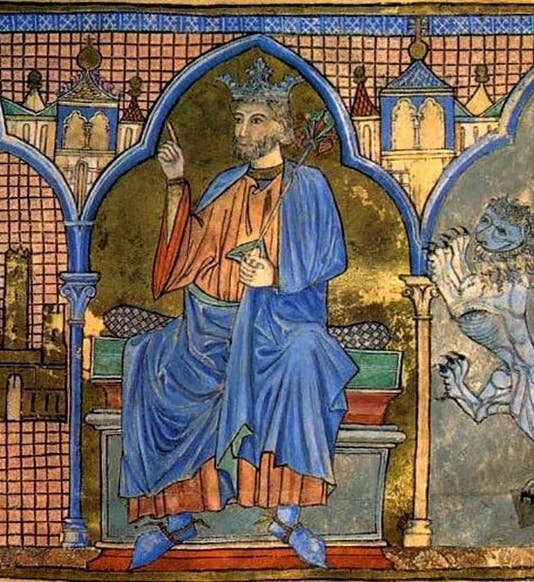
![First page with title information, Celestiu[m] motuu tabule, by Alfonso X of Castile, 1483 (Linda Hall Library)](https://assets-us-01.kc-usercontent.com:443/9dd25524-761a-000d-d79f-86a5086d4774/d8aafbde-530c-459f-926b-974763360629/alfonsox2.jpg?w=457&h=600&auto=format&q=75&fit=crop)
![First page of star catalog, detail, Celestiu[m] motuu tabule, by Alfonso X of Castile, 1483 (Linda Hall Library)](https://assets-us-01.kc-usercontent.com:443/9dd25524-761a-000d-d79f-86a5086d4774/47b71717-b7ca-4952-b64e-fcb15ea1b9e3/alfonsox3.jpg?w=800&h=572&auto=format&q=75&fit=crop)
![Solar eclipse diagram, Celestiu[m] motuu tabule, by Alfonso X of Castile, 1483 (Linda Hall Library)](https://assets-us-01.kc-usercontent.com:443/9dd25524-761a-000d-d79f-86a5086d4774/d97dfafa-77cf-43dc-be8f-7c695a2386bf/alfonsox4.jpg?w=457&h=600&auto=format&q=75&fit=crop)
![Colophon, Celestiu[m] motuu tabule, by Alfonso X of Castile, 1483 (Linda Hall Library)](https://assets-us-01.kc-usercontent.com:443/9dd25524-761a-000d-d79f-86a5086d4774/3c3a40ae-eb0a-4770-b83c-dddfe52ffe73/alfonsox5.jpg?w=800&h=568&auto=format&q=75&fit=crop)
